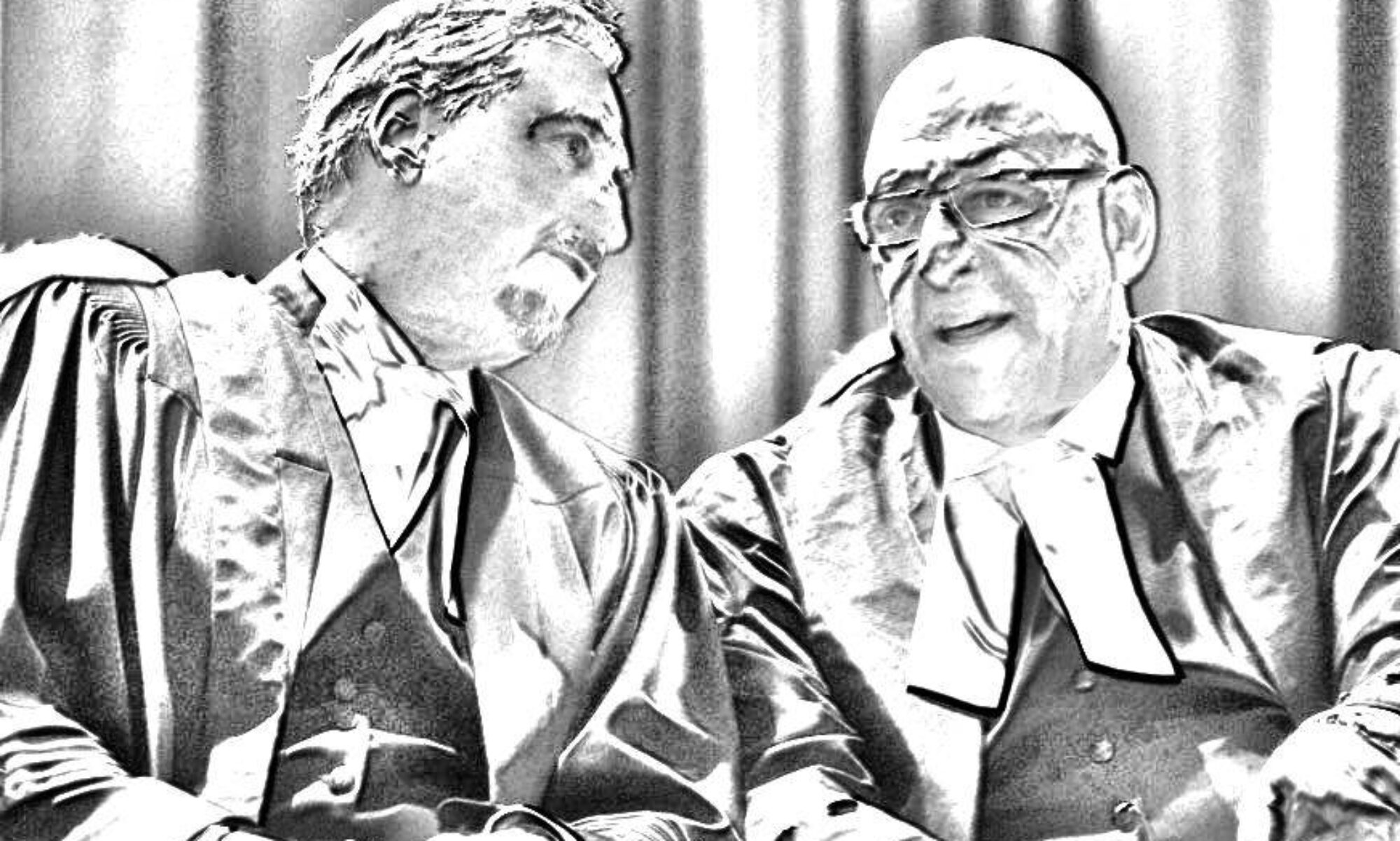Good character evidence must be “general” in nature. It should also relate to a specific aspect of the case.
For example, where the accused is charged with a violent crime, his general reputation in the community as a non-violent individual is particularly relevant.
Character evidence is general, not specific. It does not refer to specific events or incidences.
A ‘good character’ witness on behalf of the accused would not be permitted to testify concerning an example of the accused demonstrating his honesty or his failure to act in a violent way. Character evidence is presented by a witness who has come to know the accused and many others in the community who also know him.
The witness is therefore entitled to offer the witness’s opinion as to his general reputation for honesty or non- violence, based not on the witness’s own observations but on the opinions of many other people who know the general reputation of the accused concerning these character traits.
Character evidence is best described as general reputation evidence about one, some or many, relevant character traits. It will be used in argument at the end of the case to convince the Judge or jury that this evidence makes it less likely that the accused committed the offence charged.

The above is the an excerpt of Patrick J Ducharme’s book, Canadian Criminal Procedure, available at Amazon or in bulk through MedicaLegal Publishing along with Criminal Trial Strategies.
Subscribe to Patrick Ducharme’s Youtube Channel
